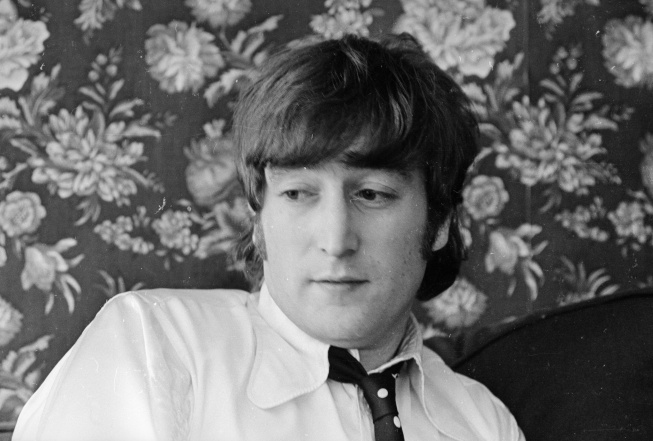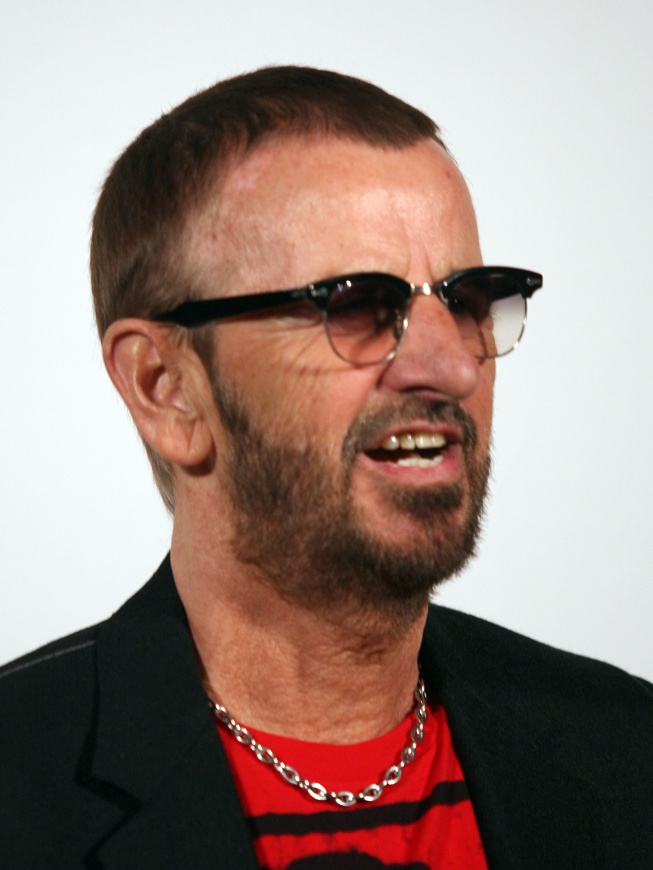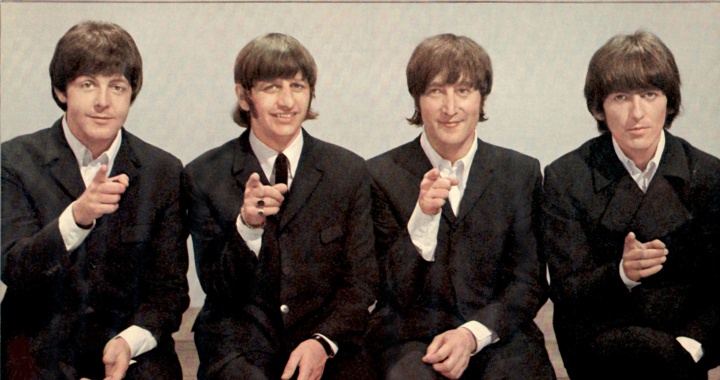Public bonfires burning all their records, the Ku Klux Klan nailing them to a cross before setting them on fire, priests threatening anyone who went to their concerts with excommunication. John Lennon’s famous words (“we are more popular than Jesus”) sparked a wave of fury in the Catholic community. it came to fear for the life of the Beatles. That was in 1966. It took more than four decades before the Vatican officially declared forgive the lyrics of Lennon and the Beatles for their alleged satanic messages. He did it on April 12, 2010, through two articles authorized by Pope Benedict XVI.
“Right now, we are more popular than Jesus”
No one paid attention to Lennon’s comment when it was first published in the “London Evening Standard”. It came out in an article written by Maureen Cleaven in March 1966. “How does a Beatle live? John Lennon lives like this,” reads the headline. Among many other topics, the 25-year-old Beatle expressed his opinion on the Christian religion as follows: “Christianity will go. It will fade and shrink. I don’t need to argue about this; I’m right and I’m going to prove it. Right now we are more popular than Jesus. I don’t know which will go first, rock and roll or Christianity. Jesus was fine but his disciples were thick and rude. They are the ones who twist and ruin everything for me.”
Prohibition, excommunication, mass burning…
The statement remained “asleep” for months. It did not cause any controversy. Not even when it was reprinted in other local newspapers or in the New York Times. And nothing would have happened unless an American children’s magazine called “Datebook” echoes it and reproduces it in its August 1966 issue.. Coinciding with what would be The Beatles’ Last American Tour. And there he messed up very greasy. it was triggered a huge international scandal that threatened the future of the group… and even their lives.
Teens gather at a “Beatles Burning” hosted by WAYX-AM / Getty Images/Bettman
Several dozen radio stations have joined the ban on playing Beatles music. Some went further and destroyed live band records. Soon, the destruction escalated into mass fires – reminiscent of the Third Reich – with bonfires that burned entire stocks of the band’s vinyl records to ashes. He South Carolina’s Ku Klux Klan also got involved by nailing Liverpool’s records to a cross before setting them on fire.. A pastor from Cleveland threatened with excommunication to any member of your congregation that it occurred to him to attend a concert of “profane”.
The Pope, then Paul VI, joined the protest and denounced Lennon’s remarks in a statement published in the Vatican newspaper, L’Osservatore Romano: “Some issues should not be treated in a profane way…”. South Africa (with apartheid established) and Spain (with the dictatorial regime of General Franco) have also officially handed down their sentences.
“If that’s what makes you happy…I’m sorry”
When the band arrived in Chicago on August 12 – the first leg of their US tour – Lennon had no choice but to apologize when he appeared at a press conference with his colleagues: “I never meant to say that. I still don’t really know what I did. I tried to tell you what I did, but if you want me to say sorry, if it’s is what makes you happy, so OK I’m sorry.”

John Lennon / Getty Images/Harry Benson
Really, none of the Beatles thought it was such an important topic. Lennon himself would later say: “I had forgotten. It didn’t matter. In England, nobody noticed it. And Paul McCartney said in “Anthology”: “The truth is, we were very pro-church; there was nothing demonic or anti-religious about what John was trying to express.” And he added: “I have to admit that none of us take it too seriously.”
“It all seems distant and insignificant”
On April 12, 2010, 44 years later, the Vatican pardoned The Beatles for being “greater than Jesus”. He did so in two articles published in his official journal, L’Osservatore Romano, coinciding with the 40th anniversary of the quartet’s split. They congratulated the group saying that, because of the beauty of their songs, the comments about Jesus were “insignificant”. “It’s true, they used drugs; carried away by their success, they led dissolute and uninhibited lives”, notes the publication. “They even went so far as to say that they were more famous than Jesus. But, listening to their songs, it all seems distant and insignificant.”
The texts, authorized by Pope Benedict XVI, continued: “His beautiful melodies, which pop music forever changed and they still bring us emotions, remain as if they were precious jewels”. The group has been described as “the most enduring and cohesive, most iconic phenomenon in the history of pop music”. This reconciling position of the church contrasted with that which it had previously maintained, when he accused the band of including “mysterious, possibly satanic messages in their lyrics”.

Ringo Starr at the 2009 Grammy Nominations / Getty Images/AFP
However, a few days later, Ringo Starr refused Vatican pardon. He did it on CNN: “Didn’t the Vatican say we were satanic or maybe satanic? And they still forgive us?” And in reference to the scandal that shook the Catholic Church around the world because of the cases of pedophilia, he added: “I think the Vatican has more to tell than the Beatles”

